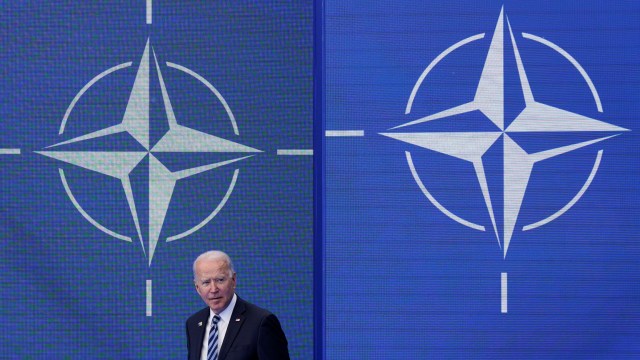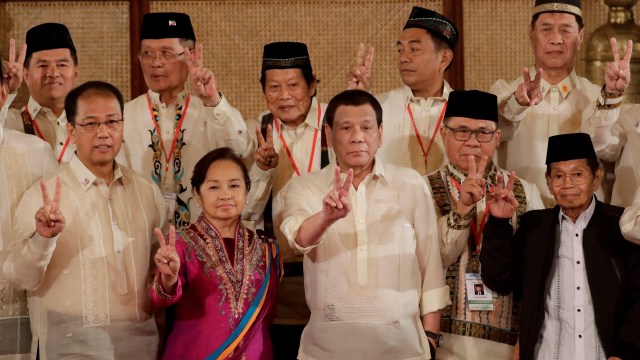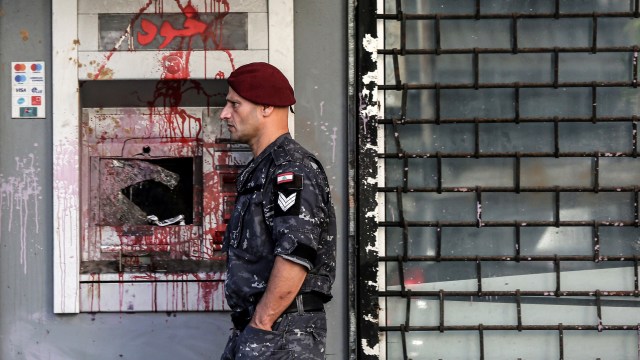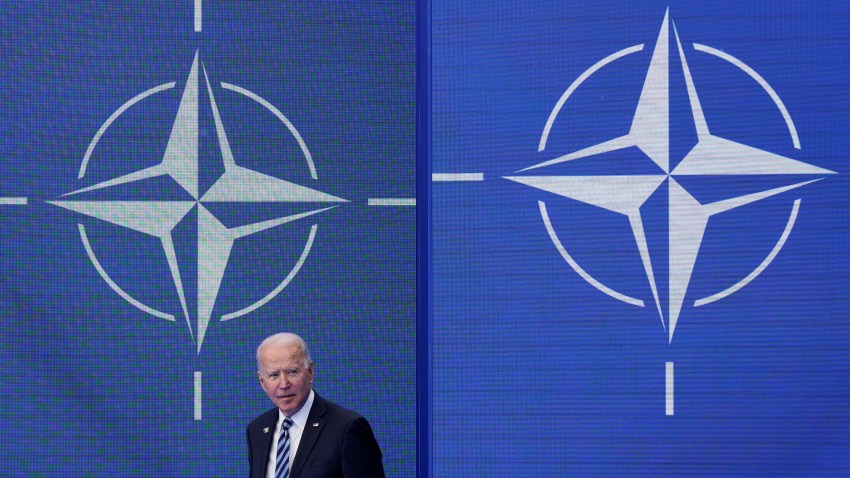Hello, everyone. Today at WPR, we’re covering Trump’s Biden’s foreign policy and a fragile peace process in the southern Philippines.
Now, here’s our take on today’s top story:
Niger: Mali and Burkina Faso’s armed forces have been authorized to intervene on Nigerien territory in the case of an attack, the countries said in a joint statement Thursday. The main West African bloc ECOWAS has been attempting to negotiate with Niger’s military junta to restore constitutional order since last month’s coup, but has warned it is ready to send in troops if diplomatic efforts fail. (Reuters)
Our Take: This joint statement can be interpreted as a sign that Niger’s military junta will continue to resist regional pressure to step down. That pressure has come mainly from ECOWAS, and stands in stark contrast to the bloc’s responses to recent military coups in Mali and Burkina Faso. In both of those cases, ECOWAS’ initial reactions were seen as tepid.
Get the Daily Review sent straight to your inbox every weekday.
The difference this time around is that the coup in Niger—which gained public support by stoking anti-colonial resentment—will likely leave the Sahel region without an external power to serve as a security guarantor to counter jihadist insurgents.
Military juntas in Mali and Burkina Faso have so far proven unable to contain those insurgencies, which continue to gain territory in both countries. Should Niger’s junta prove equally incapable of containing the jihadists, a dire security situation in the Sahel region could become a dire security situation for the wider region.
That prospect leaves ECOWAS with a growing responsibility to construct a stable order in the region. It’s not clear, however, that ECOWAS and its members are ready to do so. It’s also not clear that a military intervention in Niger will lead to that stable order. As Chris O. Ògúnmọ́dẹdé wrote earlier this month, it may end up doing the opposite.


Biden’s Foreign Policy Looks an Awful Lot Like Trump’s
The recent trilateral agreement between Japan, South Korea, and the United States is a major achievement for the administration of U.S. President Joe Biden, and it fits into a broader goal to set U.S. foreign policy on a course that can be maintained for years to come.
As columnist Paul Poast writes, his administration might just pull off its goal. But that’s because the foundation the Biden administration is building is, in turn, being built on another foundation: the foreign policy of his Republican predecessor, Donald Trump.
The Philippines’ Bangsamoro Peace Process Is Not Yet Complete
A 2019 peace accord between the Philippine government and an Islamic militant group ended decades of conflict in the far southern province of Maguindanao del Sur and created the Bangsamoro Autonomous Region in Muslim Mindanao, or BARMM, which is scheduled to hold its first elections in 2025.

A tense encounter between the group and government forces in June, however, reflects the fragility of the peace process during a transitional period, Michael Hart writes.

Amid a dire economic crisis, Lebanon’s interim central bank governor has warned that the bank will not offer loans to the state and does not plan on printing money to cover a ballooning budget deficit. The interim governor, Wassim Mansouri, called on the country’s ruling class to quickly implement economic reforms.
Mansouri took over less than a month ago after the term of Riad Salameh—who was blamed by many for the country’s economic meltdown in 2019—ended after 30 years. Since 2019, the political class, largely corrupt, has resisted implementing reforms to address the crisis.
For ordinary Lebanese, the ongoing crisis has meant navigating a landscape that “combines the volitility of a crashing stock market with the horrors of a dystopian movie,” as Lina Khatib wrote in March after visiting the country.

Lebanon’s Meltdown Has Become a Dystopian Nightmare
March 28, 2023 | The government’s failure to implement reforms in Lebanon has led to an economic crisis and a collapse of the country’s currency. Read more.
That’s all for today’s Daily Review.
Have a great day,
Jakob Cansler
More From WPR
- Frida Ghitis on exiled Russian journalists.
- Jonathan Fenton-Harvey on the UAE’s foreign policy.
- Alexander Clarkson on Brexit and Trumpism.
- Simon Allison on Zimbabwe’s elections.

